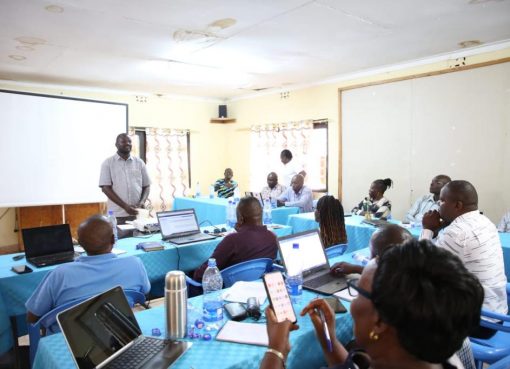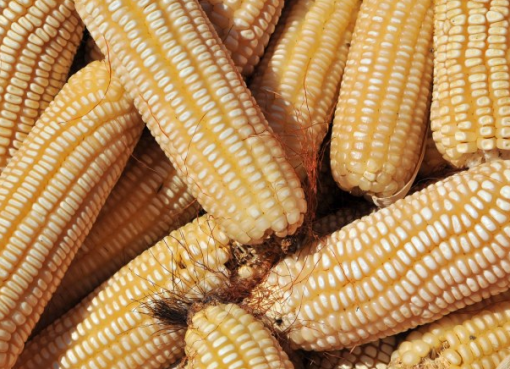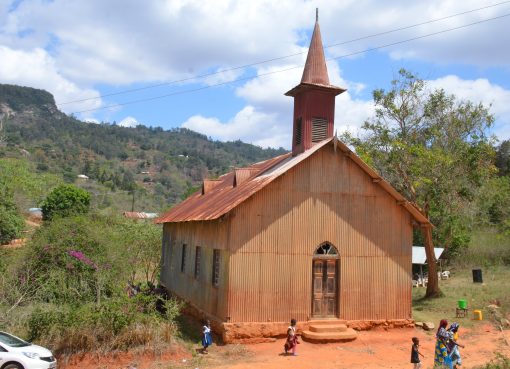Kenya Agricultural and Livestock Research Organization (KALRO) has in partnership with University of Nairobi and the North Carolina State (UCSU) launched a project aimed at enhancing and harnessing the full potential of African indigenous vegetables (AIV) in western Kenya.
KALRO, as the lead agency for this project, has received funding through a grant from the United States Agency for International Development (USAID) to implement the project in Kakamega and Kisii counties, on a pilot basis.
Dubbed “Enhancing Productivity, Post-harvest Management and Market Access of African Indigenous Vegetables in Kenya”, the project seeks to address critical challenges faced by smallholder farmers, particularly women and youth in the cultivation and market AIV in Kenya.
The Director-General of Dr. Eliud Kireger, while speaking in Kakamega County during the launch, said these vegetables not only formed an integral part of our cultural heritage but also offered a plethora of nutritional benefits.
He however noted that despite their significance, they have often been overlooked in favour of more commercially popular crops.
“Kenya is blessed with a rich diversity of indigenous vegetables, which have been cultivated and cherished for generations,” he noted.
In a speech read on his behalf by Dr. Festus Muriithi, the DG said that the indigenous vegetable is one of the prioritized value chains under the Bottom-up Economic Transformation Agenda (BETA) for food and nutrition security, and income generation, and this has been reflected in the KALRO Strategic Plan (2023-2027).
Dr. Kireger commended both Kisii and Kakamega Counties where this project would be implemented under the Connecting Research Education and Outreach (CREdO) programme on a pilot basis, for including AIV also a priority value chain in the County Integrated Development Plans.
The two counties were selected due to their high population density and small land sizes typically managed by smallholder farmers.
The project will adopt the Farmer-Field and Business Schools (FFBS) approach to empower farmers with the necessary skills to adopt sustainable practices.
A research done shows the post-harvest losses, estimated at 40-50% attributed to sub-standard storage practices and exacerbating food insecurity especially among farmers and urban population.
Project beneficiaries include AIV’s smallholder farmers, including men, women elderly widowers/widows, people living with disability, youth, self-help groups among others.
By George Kaiga





